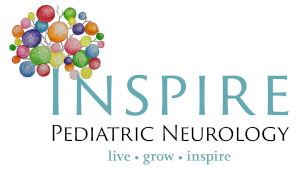Concussions in Children
What is a concussion?
A concussion is a type of traumatic brain injury (TBI) caused by a blow or bump to the head or another part of the body. It affects how the brain functions and processes information. Is not a structural injury to the brain, so imaging tests such as a CT scan or brain MRI will most often look normal. The blow or bump causes the head to quickly move back and forth or turn from side to side. The movement inside the skull can cause a direct, back and forth, or rotating force to the brain. This can stretch and damage cells, sometimes causing chemical changes in the brain.
Concussions are rarely life-threatening however they are still a traumatic brain injury (sometimes referred to as mild TBI) and can have serious effects if not recognized and treated early. Multiple concussions are especially dangerous and can lead to long-lasting brain injury.
Signs and symptoms of concussion
There are no visible signs of a concussion and symptoms often mirror other conditions,
so it is not always easy to tell if a child has sustained a concussion. Signs and
symptoms can show up right after the injury or may appear up to a few days later.
Your child may not know they have symptoms until they try to perform their routine daily activities.
Signs and symptoms may include:
- Headache
- Sensitivity to noise and light
- Loss of balance
- Trouble walking
- Being very tired or drowsy
- Nausea or vomiting
- Vision changes
Physical
- Trouble thinking clearly
- Memory difficulties
- Feeling slower
Thinking and remembering
- Irritable or fussier than usual
- Feeling more emotional
- Feeling sad or nervous
- Aggressive
- Hard to console
Social and emotional
- Sleeping less than usual
- Sleeping more than usual
- Trouble falling asleep
Sleep
Getting help if you are concerned your child has suffered a concussion
If your child reports any symptoms of concussion, or if you notice the symptoms yourself,
seek medical attention right away. Contact your child’s primary care doctor for advice,
evaluation and management. In case of urgent medical concerns or emergency, dial 911.
Most people will recover from a concussion within two weeks. If your child does not, they may
need to see a specialist. For prolonged symptoms, it is advisable to see a neurologist for a
comprehensive neurological evaluation.
